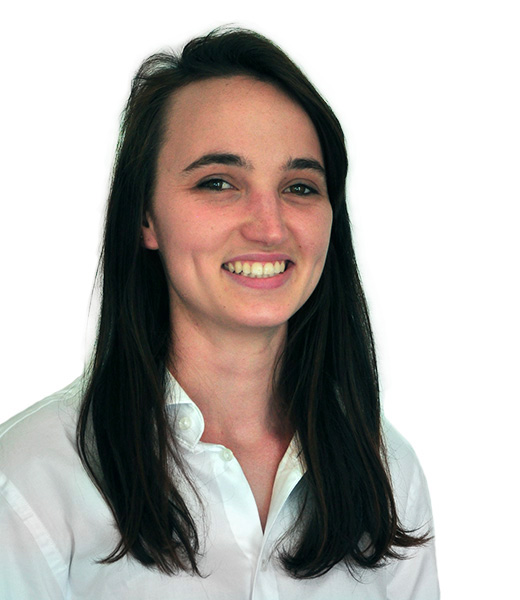“Working as a Consulting Geoscientist, you can get the best of both worlds. There are periods where you are being flown to foreign countries to visit places you would never otherwise visit, sometimes finding yourself experiencing local cultures and “hidden gem" locations." – Heike Fourie, BScHons-graduate in earth science (2019).

Heike Fourie obtained a BSc Earth Science degree in 2018, followed by a BScHons Earth Science degree in 2019. She currently is employed at Tect Geological Consulting, where she works as a Consulting Geoscientist.
“As a Consulting Geoscientist, my day-to-day tasks can range from field mapping in a foreign country to data interpretation and 3D modelling of structurally complex mineral deposits and geological terranes," said Heike.
“Additionally, it is sometimes required to interpret satellite and drone remote sensing data and geophysical datasets in order to focus on exploration efforts. Depending on the project, my job can require me to work independently or as part of a team, that can range from two to four in-house geoscientists to multi-company collaborative teams of typically up to 10 geoscientists and geologists. In terms of techniques, structural mapping and core logging is the golden standard of data capture, and its interpretation and integration with other datasets, such as lithological, geochemical and assay data, is crucial in understanding how a mineral deposit formed and what its controlling geometry is. The software packages I typically use are Leapfrog and Micromine, for 3D modelling, and QGIS and ArcMap for spatial analysis and querying."
Heike has found that working as a Consulting Geoscientist she can get the best of both worlds. “There are periods where you are being flown to foreign countries to visit places you would never otherwise visit, sometimes finding yourself experiencing local cultures and hidden gem locations," she explained.
One of the most important things Heike learnt at Stellenbosch University was practical experience in the field. “One of the subjects when studying geology at Stellenbosch University is Earth Science Field Skills, which you have from first to third year," she says. “This involves going into the field for a couple of days to a week, where you get the opportunity to apply what you learned in class on examples in the field. Having this practical experience increases your confidence in identifying geological features and rock types, which assists with the interpretations of the more complex geological terranes. One of our lecturers always told us 'You only see what you know'. This has stuck with me over the years, so it's important to go out and look at some rocks! I also combined my Geology degree with subjects such as Geographic Information Technologies (GIT). Having this knowledge assists me with my day-to-day work."
On the photo: Heike Fourie. Photo supplied
This BSc-alumnus profile is part of the Faculty of Science's #100CareersinScience project. E-mail us at science@sun.ac.za if you want to share your career journey with current students.

